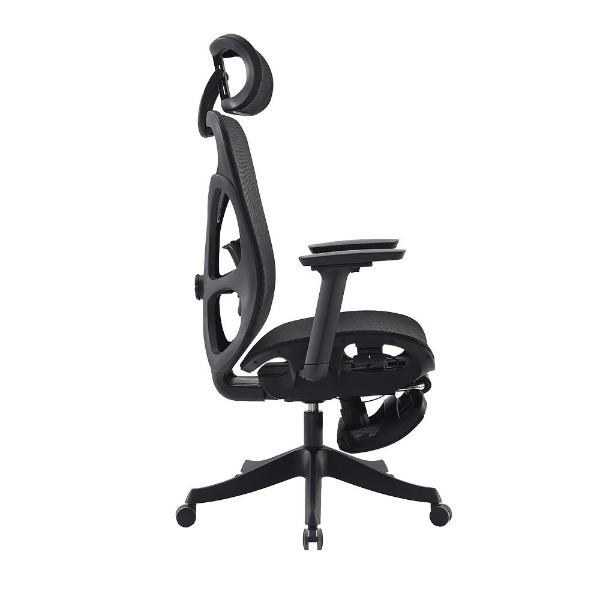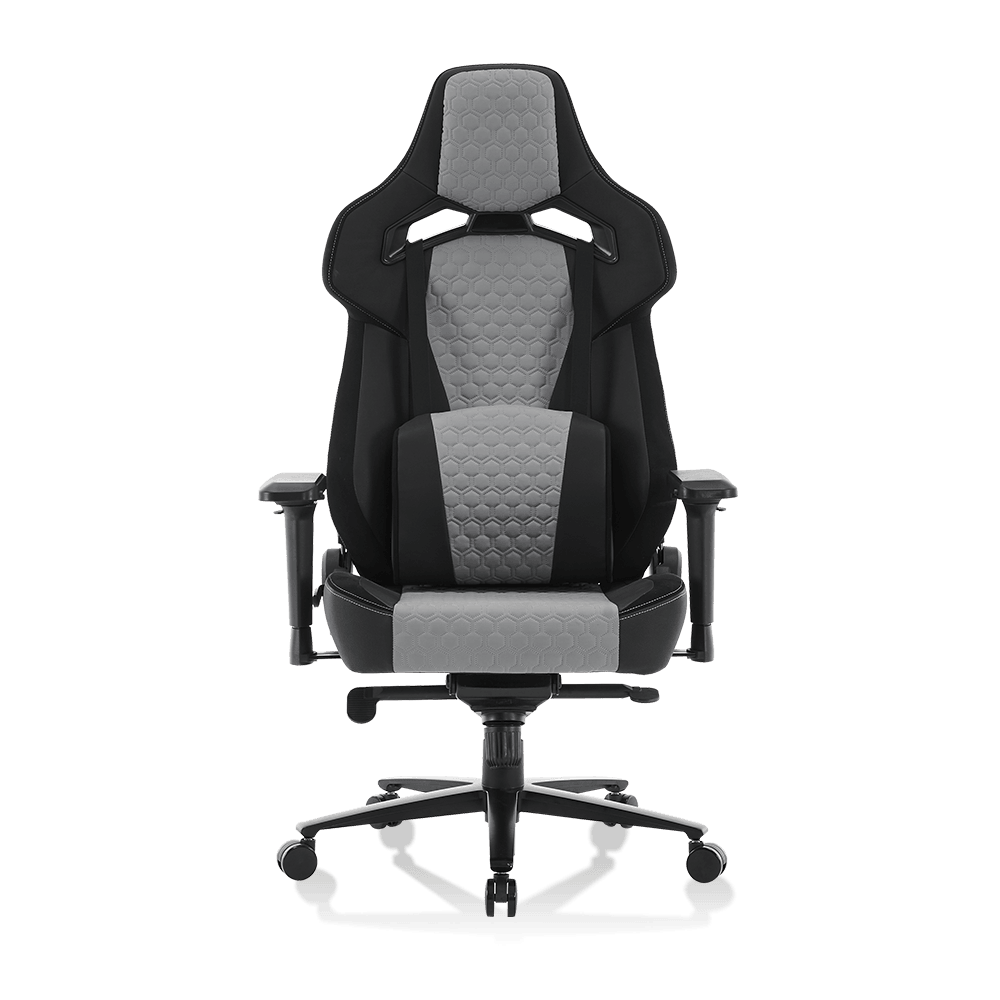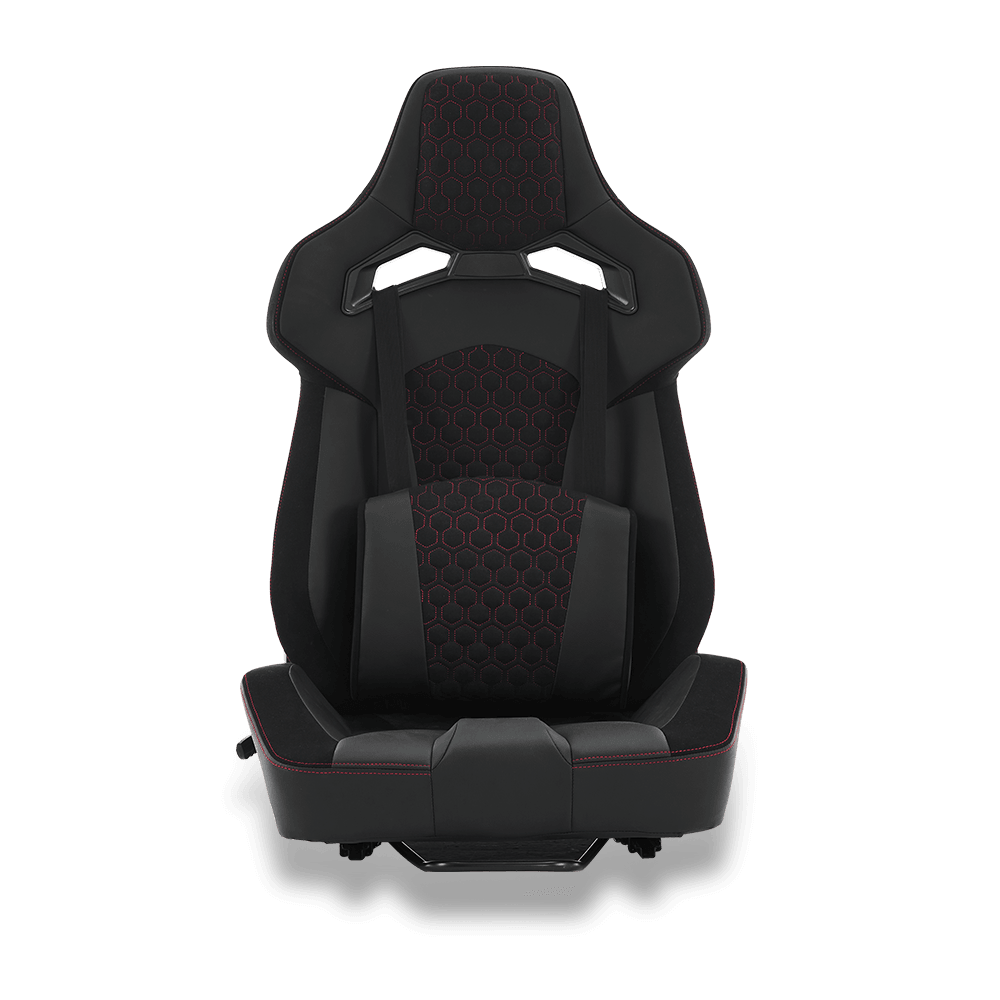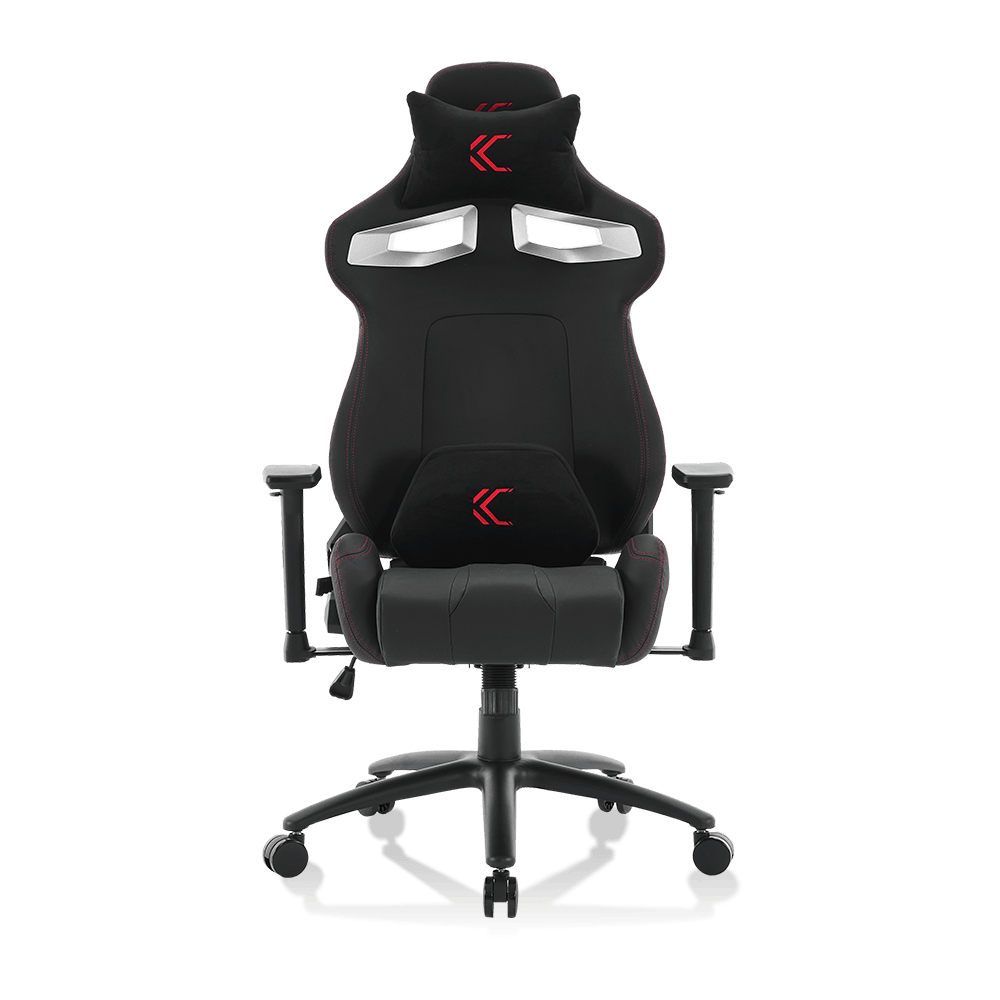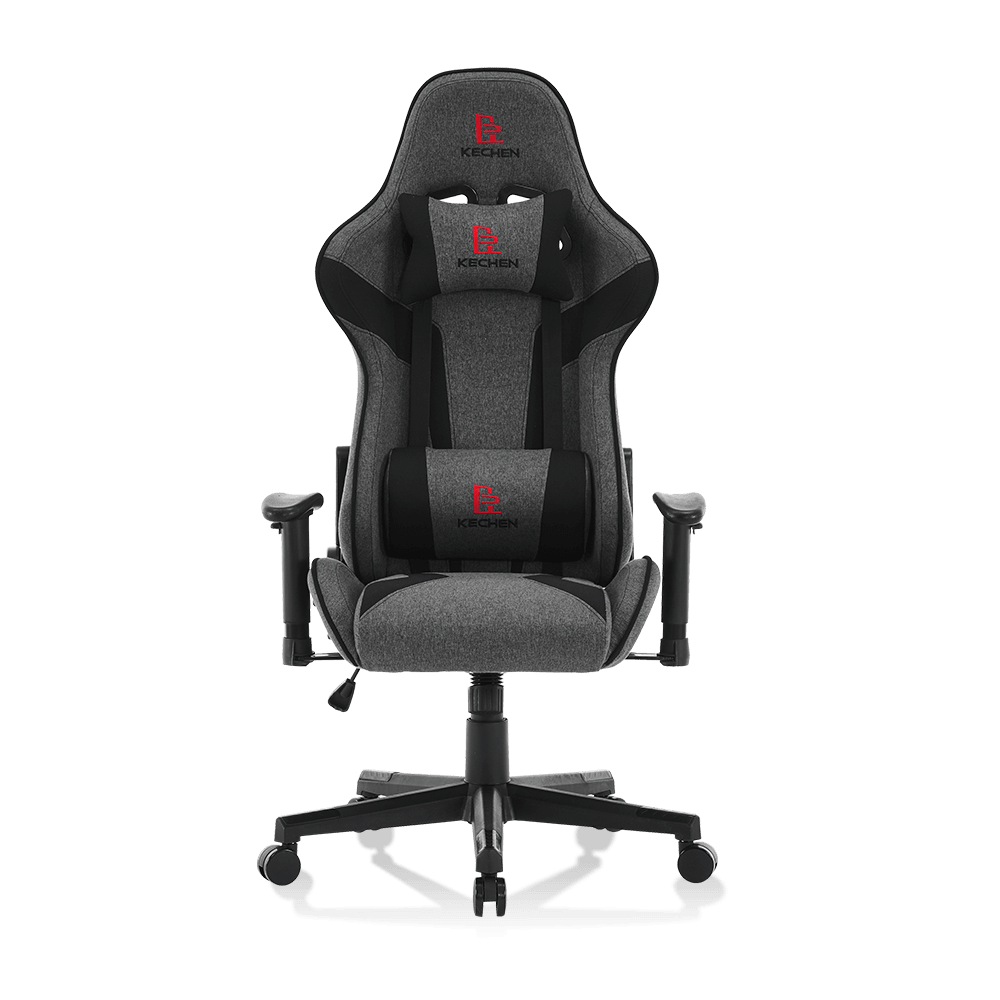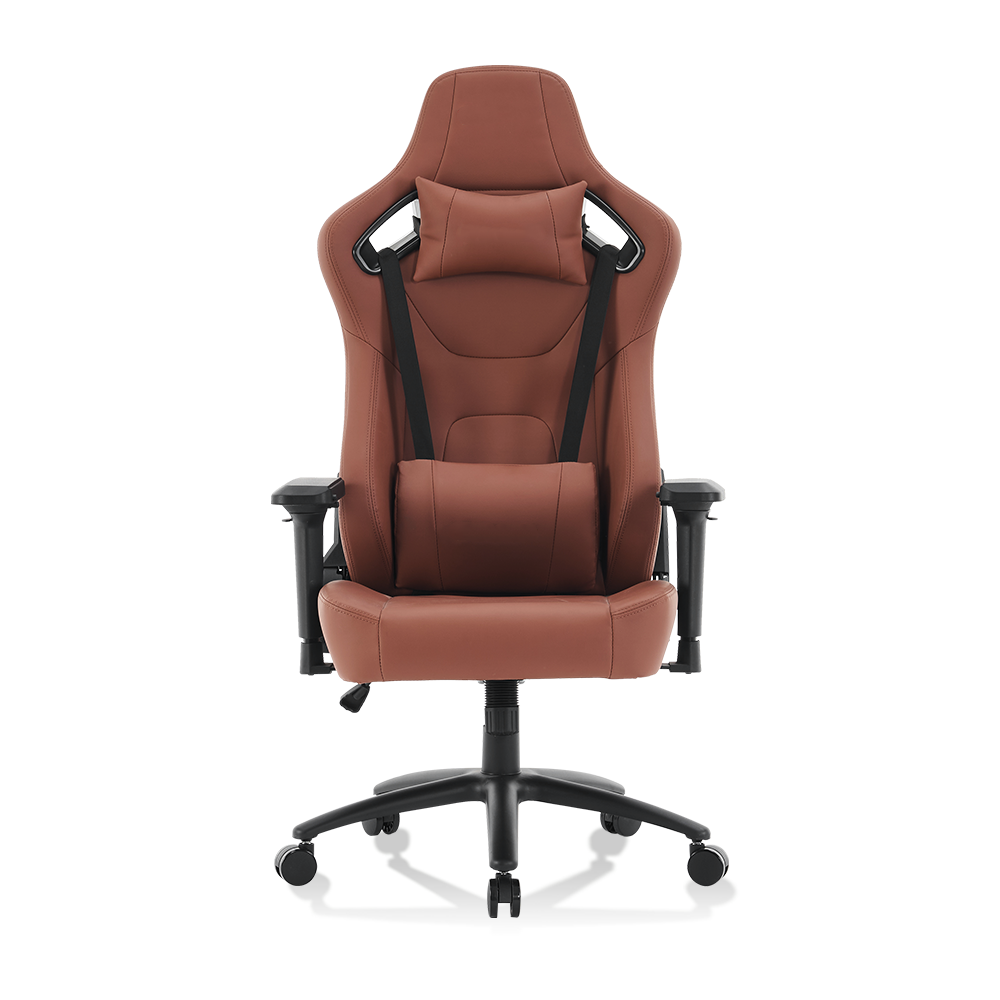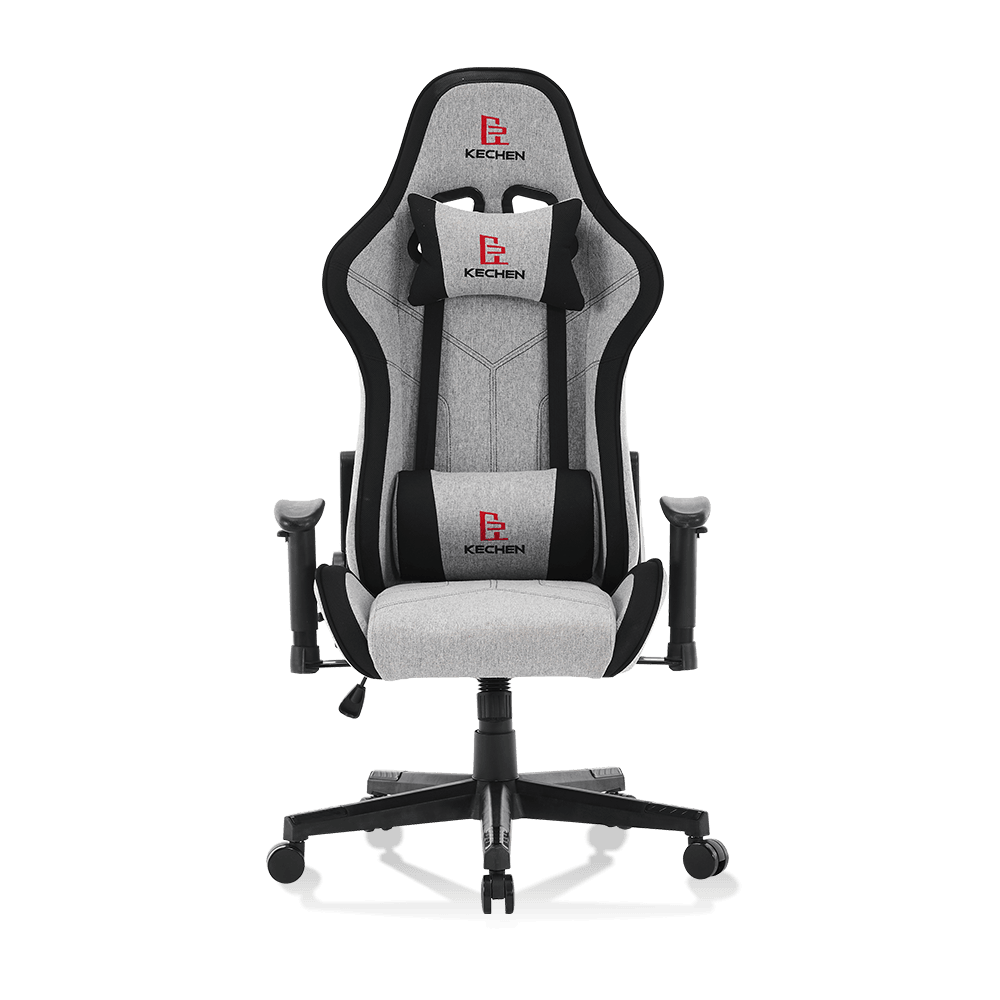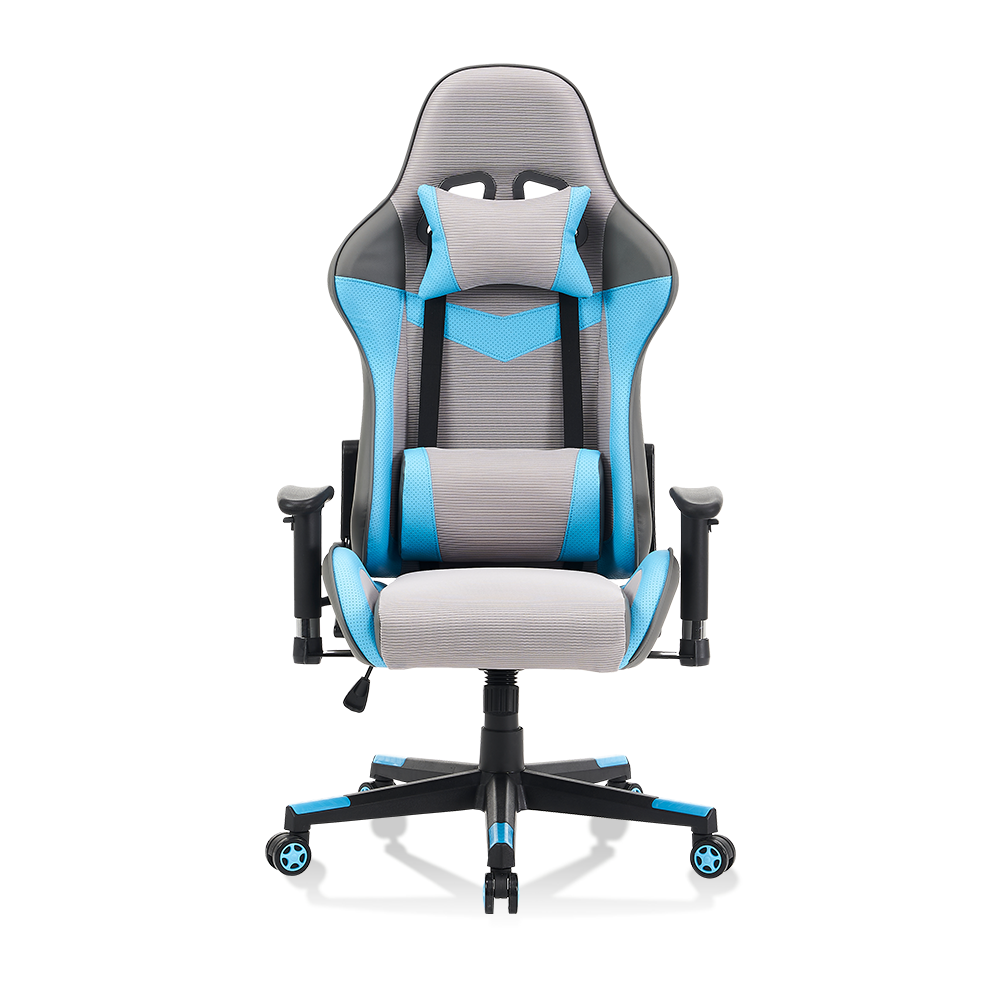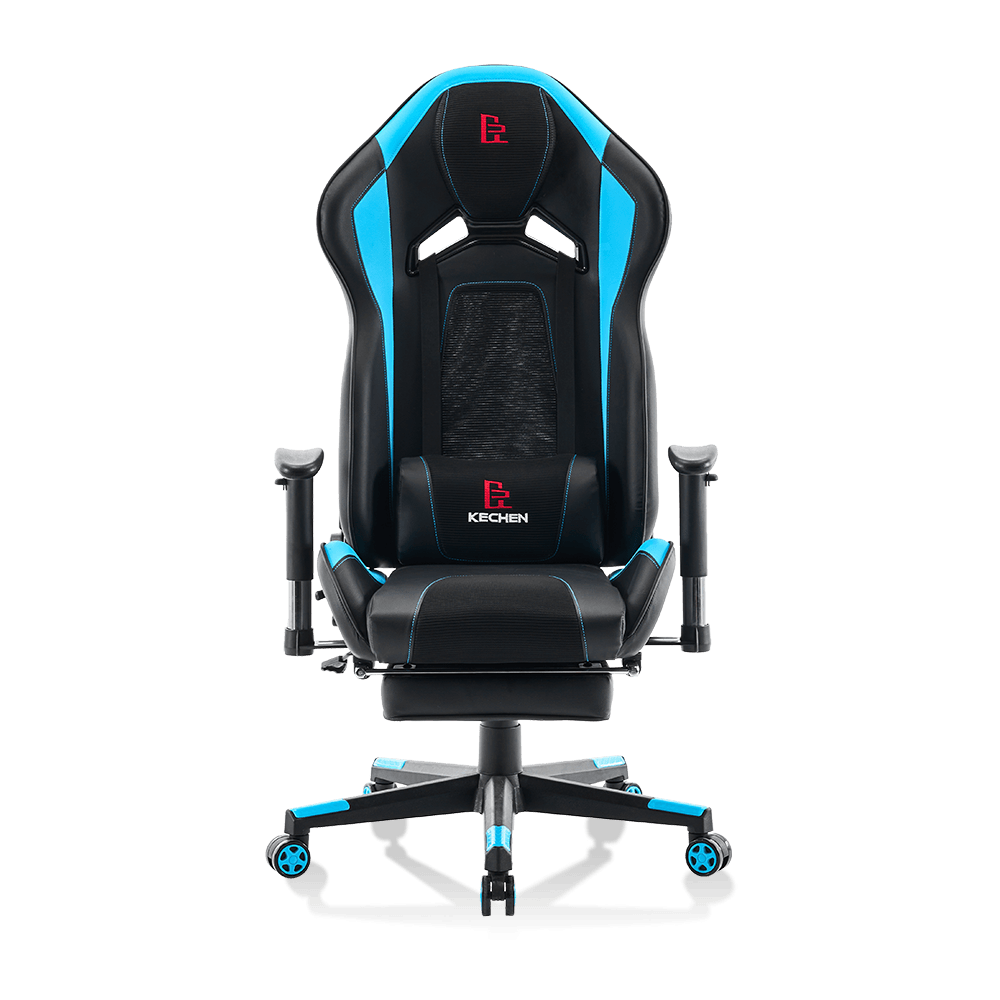- 1 Why an Ergonomic Mesh Chair is Essential for Your Health and Productivity
- 2 Best Ergonomic Mesh Chair for Back Pain: Features That Matter
- 3 Adjustable Mesh Office Chair with Lumbar Support: Customizing Your Comfort
- 4 Breathable Mesh Computer Chair: Staying Cool During Long Work Sessions
- 5 High Back Ergonomic Mesh Chair: Full Spinal Support Solutions
- 6 Ergonomic Mesh Chair with Headrest: Comprehensive Neck Support
Why an Ergonomic Mesh Chair is Essential for Your Health and Productivity
In today's work environment where many people spend 8+ hours sitting daily, having the right chair isn't just about comfort - it's about health. An ergonomic mesh chair provides the perfect combination of support and breathability that traditional office chairs can't match. Unlike leather or fabric chairs that trap heat, mesh chairs allow air circulation, keeping you cool throughout long work sessions.
5128-1 Hollow cushion ergonomic chair waist computer chair swivel chair reclining office chair
The benefits of choosing an ergonomic mesh chair include:
- Superior lumbar support that adapts to your spine's natural curve
- Adjustable features that accommodate different body types
- Breathable material that prevents sweating and discomfort
- Dynamic flexibility that moves with your body
- Durable construction that withstands daily use
How Mesh Differs From Traditional Office Chair Materials
When comparing mesh to other common office chair materials, several key differences emerge:
| Feature | Mesh | Leather | Fabric |
|---|---|---|---|
| Breathability | Excellent | Poor | Moderate |
| Maintenance | Easy | High | Moderate |
| Durability | Very Good | Good | Fair |
| Comfort in Warm Environments | Superior | Poor | Good |
Best Ergonomic Mesh Chair for Back Pain: Features That Matter
For those suffering from chronic back pain, not just any ergonomic mesh chair will do. The best ergonomic mesh chair for back pain must include specific features designed to support and relieve pressure on the spine.
Essential Features for Back Pain Relief
When evaluating chairs for back pain support, these are the non-negotiable elements:
- Adjustable lumbar support that can be positioned precisely where your spine needs it
- Seat depth adjustment to ensure proper thigh support without pressure behind knees
- Tilt tension control that allows you to set the perfect resistance for reclining
- Waterfall seat edge design to reduce pressure on legs
- Multi-directional armrests that support various working positions
The Science Behind Proper Spinal Alignment
Research shows that maintaining the spine's natural S-curve while sitting significantly reduces disc pressure. A high-quality ergonomic mesh chair supports this alignment through:
- Dynamic backrest that moves with your body
- Proper seat pan angle that distributes weight evenly
- Adjustable features that accommodate different body proportions
- Headrest support that prevents neck strain
Adjustable Mesh Office Chair with Lumbar Support: Customizing Your Comfort
An adjustable mesh office chair with lumbar support represents the gold standard in ergonomic seating. The ability to fine-tune every aspect of your chair ensures optimal comfort and support throughout the workday.
Key Adjustment Points and Their Benefits
Modern ergonomic chairs offer an impressive array of adjustments. Here's what to look for:
| Adjustment | Range | Benefit |
|---|---|---|
| Seat Height | 16-21 inches | Ensures feet rest flat on floor |
| Armrest Height | 7-11 inches above seat | Prevents shoulder strain |
| Lumbar Support | Vertical and depth adjustment | Maintains spinal curve |
| Seat Depth | 16-20 inches | Supports thighs without pressure |
| Backrest Angle | 90-135 degrees | Allows varied working positions |
Finding Your Perfect Settings
To properly adjust your adjustable mesh office chair with lumbar support, follow this process:
- Start with seat height - feet should rest flat with knees at 90 degrees
- Adjust seat depth so you have 2-4 fingers space between seat edge and knees
- Set lumbar support to contact your lower back naturally
- Position armrests so elbows form 90-degree angles when typing
- Fine-tune tilt tension to your preferred resistance level
Breathable Mesh Computer Chair: Staying Cool During Long Work Sessions
A breathable mesh computer chair solves one of the biggest complaints about traditional office chairs - heat buildup. The open weave of quality mesh material allows continuous air circulation, preventing the uncomfortable "sticky back" sensation.
How Mesh Technology Enhances Comfort
The engineering behind mesh chairs involves several innovative approaches:
- Multi-layered mesh construction for durability and flexibility
- Tension-controlled weave patterns that provide varying support levels
- Frame designs that maximize airflow while maintaining structure
- Edge treatments that prevent digging while allowing maximum breathability
Temperature Regulation Comparison
The difference in surface temperature between chair materials is significant:
| Material | Temperature Increase After 2 Hours | Moisture Accumulation |
|---|---|---|
| Mesh | 1.5°F | Minimal |
| Fabric | 5.2°F | Moderate |
| Leather | 8.7°F | High |
| Vinyl | 9.3°F | Very High |
High Back Ergonomic Mesh Chair: Full Spinal Support Solutions
For users needing comprehensive support, a high back ergonomic mesh chair offers advantages that standard-height chairs can't match. The extended backrest provides crucial support for the entire spine, including the often-neglected thoracic region.
Benefits of High Back Designs
The advantages of choosing a high back ergonomic mesh chair include:
- Complete spinal alignment from pelvis to shoulders
- Integrated headrest support for neck comfort
- Improved posture during reclining or relaxed sitting
- Better weight distribution across back muscles
- Reduced fatigue during extended sitting sessions
Height Considerations for Different Users
When selecting a high back chair, consider these height-based recommendations:
| User Height | Ideal Backrest Height | Headrest Position |
|---|---|---|
| Under 5'4" | 24-26 inches | Adjustable down to mid-head |
| 5'4" - 5'10" | 26-28 inches | Adjustable to base of skull |
| Over 5'10" | 28-32 inches | Fully adjustable with tall range |
Ergonomic Mesh Chair with Headrest: Comprehensive Neck Support
An ergonomic mesh chair with headrest provides crucial support that standard office chairs often lack. The addition of a properly designed headrest can significantly reduce neck strain and tension headaches associated with prolonged computer use.
Headrest Design Features That Matter
Not all headrests are created equal. Quality designs include:
- Multi-directional adjustment (height, angle, depth)
- Padded support that cradles without pushing forward
- Breathable materials matching the chair's mesh construction
- Flexible movement that accommodates various sitting positions
- Sturdy attachment points that don't compromise chair structure
Proper Headrest Positioning Techniques
To maximize the benefits of your ergonomic mesh chair with headrest, follow these positioning guidelines:
- Adjust height so the headrest supports the base of your skull, not your neck
- Set angle to maintain natural cervical spine alignment
- Position depth so your head lightly contacts without pressure
- Ensure the headrest doesn't interfere with shoulder movement
- Test in both upright and reclined positions for full range support
The Relationship Between Headrests and Productivity
Studies show that proper head support can improve work performance by:
- Reducing neck strain that causes mental fatigue
- Allowing brief relaxation periods without leaving the chair
- Supporting varied postures that maintain alertness
- Minimizing tension headaches that disrupt concentration
- Encouraging proper monitor viewing angles



 Español
Español 日本語
日本語 Deutsch
Deutsch